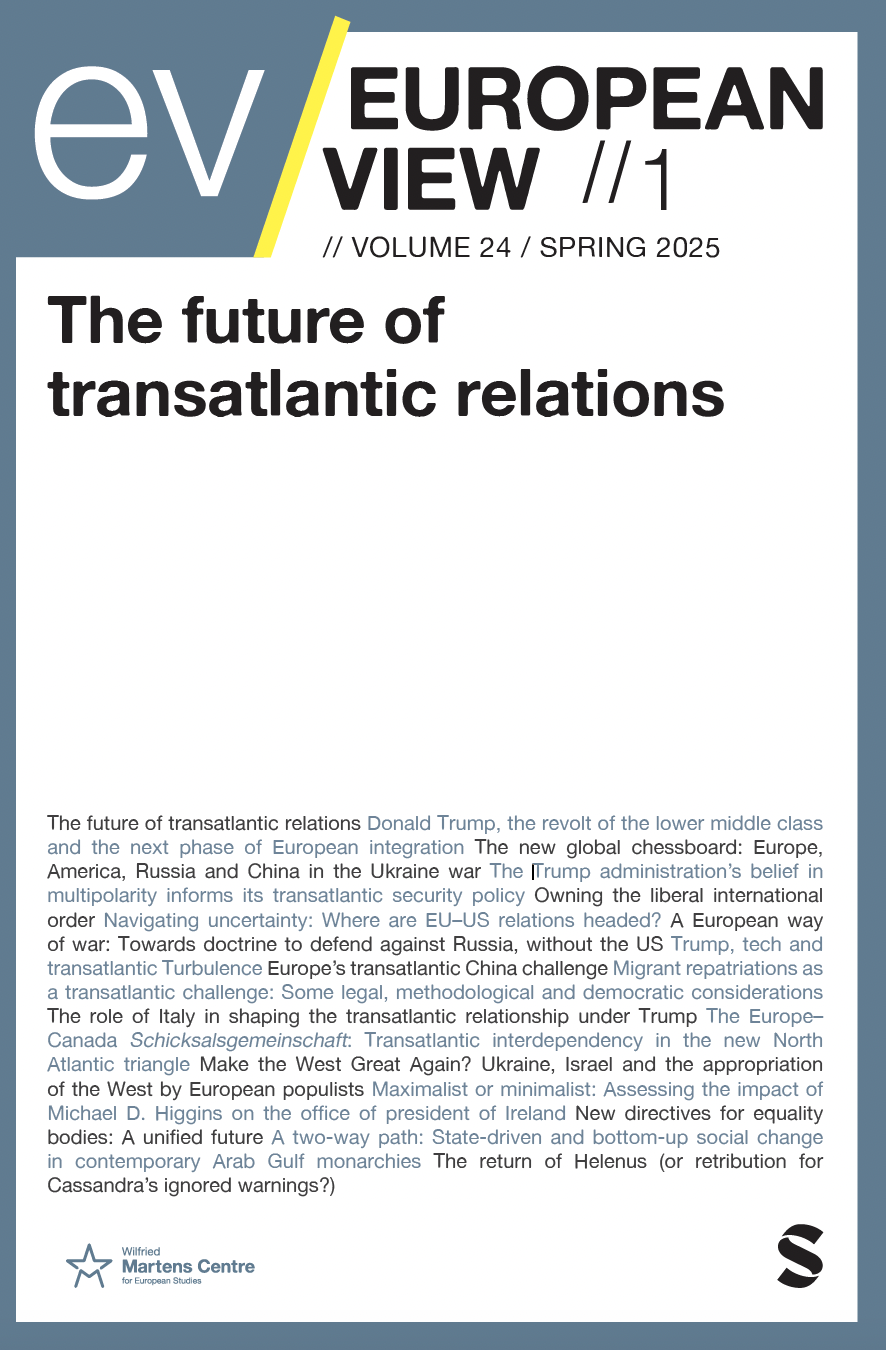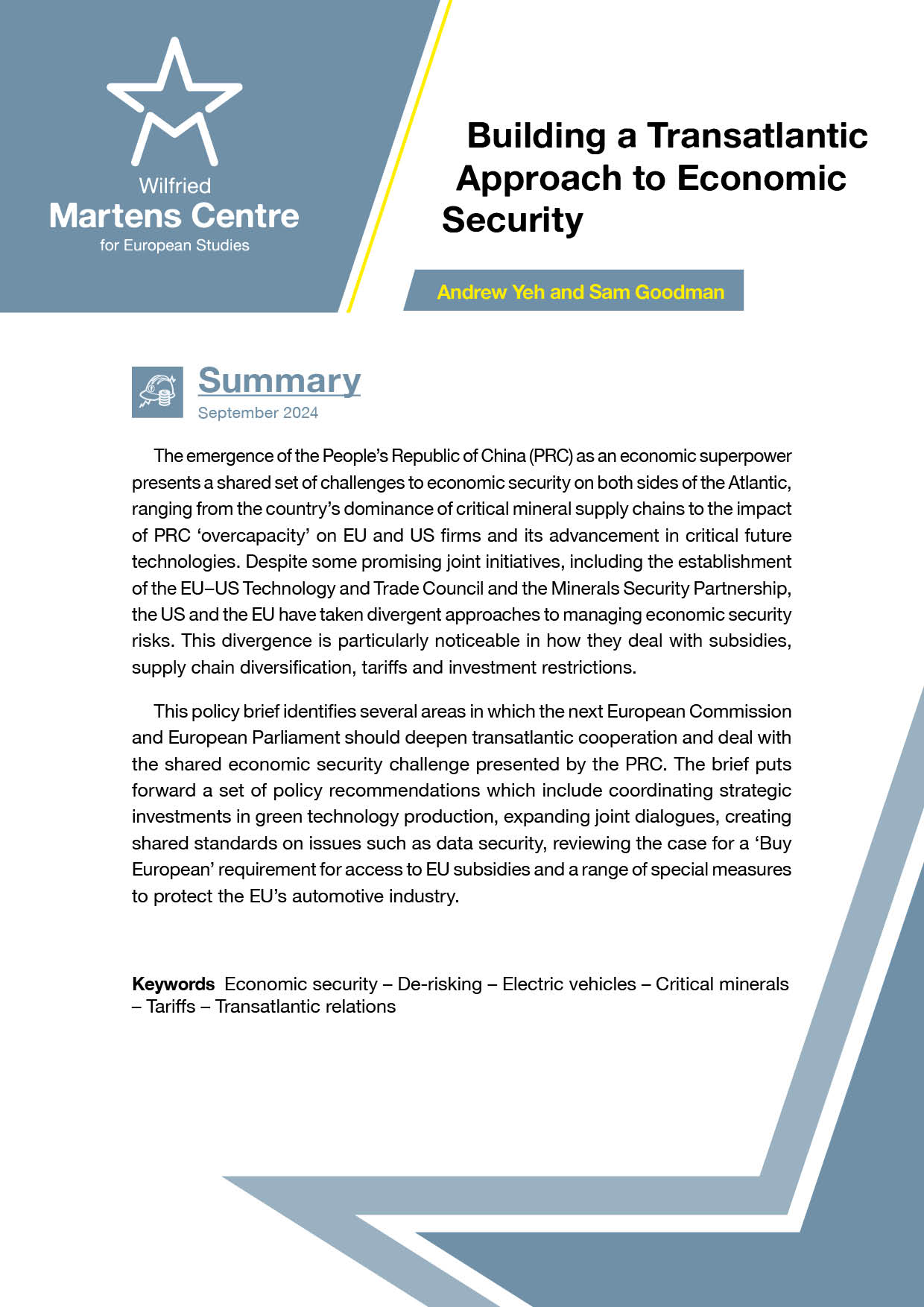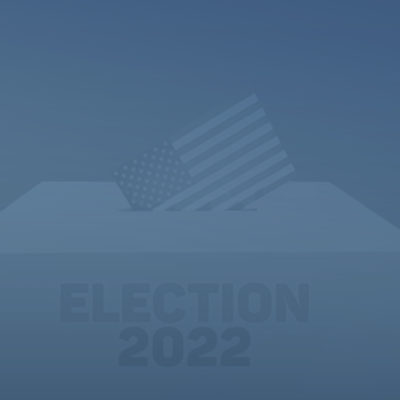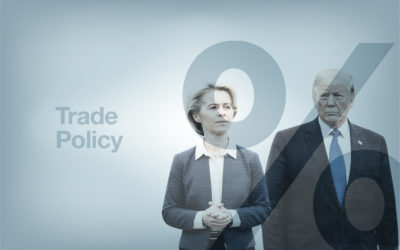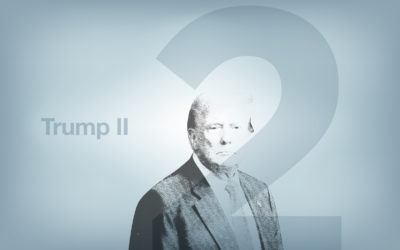Hollywood, Trump and the Fringes of America
13 January 2017
Hollywood lost on November 8th. Some directors and actors threatened to leave the country if Mr Trump was elected. The paradox here is that the tone of many filmmakers grew darker over the past two decades, as if they were whispering: “progressive policies do not work…we have no alternative but vote for them anyway!”. Donald Trump listened to that murmur carefully.
It all started with the Sopranos (1999-2007), as most things in our century. Amongst gender gap outcries of various sorts, the Sopranos brought back the notion of male patriarchy, the nostalgia for a time when men were confident and financially indispensable.
The wife of Tony Soprano, Carmela, would not have existed, and been so popular amongst men and women, without today’s repressed female crisis: “having it all” and sleeping five hours per day. Mad Men (2007-2015) fed on the same melancholy, shared by both sexes.
Then came another confession in the form of lost illusions over capitalism. The complexity of the 2008 financial collapse, and the meagre response of the Obama Administration with the Dodd Frank Act passed in 2010, were dissected for the public in numerous movies: Margin Call (2011), The Wolf of Wall Street (2013), The Big Short (2015).
The audience was both entertained and informed by mega stars who took time, as well as a decent amount of well-intentioned energy, to describe how finance truly works nowadays and why, eventually, inequalities are growing as a result of a disconnection from the values of merit and labour.
Politics was quick to follow. Gone are the days of joyful, optimistic, West Wing (1999-2006) episodes, which provided President Obama with a wonderful cultural cushion for the election that brought him to power. Their wish was indeed fulfilled in 2008: millions were already dreaming of the learned and daring President Bartlet.
Breaking away from that “let’s reach for the stars” ideal, House of Cards (2013- ) is now displaying the unsavoury corruption of Washington lobbying and the political swamp of extra-marital affairs. It’s the new bottom up cocktail: Sex, Drugs & the Taxpayer.
An even more fascinating topic is war. Hollywood is having a hard time transforming the US-led operations in Iraq and Afghanistan into gripping philosophical tales. Where are today’s Apocalypse Now (1979), The Deer Hunter (1978) or Platoon (1986)? The United States was defeated in Vietnam, much as it was in its post 9/11 battles.
But something changed at the core: there was more to tell in the 1960s and 1970s because the risks accepted by soldiers and their families were higher. Interestingly, the best American account of the current rise of violence focused not on the Middle East, but on the US/Mexican border.
Director Denis Villeneuve, in Sicario (2015), pressed his finger on the limitations of Western rule of law to combat Mexico’s drug cartels. A revenge-hungry Benicio del Toro summed it up chillingly to dismayed Emily Blunt: “you will not survive here. You’re not a wolf and this is a land of wolves now”.
One final point over world governance. While 195 countries were painfully negotiating the Paris Agreement in December 2015 over climate change, Hollywood spent all its resources explaining that innovation would save mankind, not public bureaucracies. I Am Legend (2007), Sunshine (2007) or Interstellar (2014) made the point that men are indeed over-reaching but that only the brains of a few can help us all, not the efforts of many.
World War Z (2013) is a case in point: Brad Pitt plays a United Nations worker whose role is to actually find a vaccine he understands very little about. Let us hope that we have a more straight forward plan if zombies ever do occur.
Donald Trump surfed on those Hollywood waves, drawing much different conclusions than most of his Californian inspirers. When he kept repeating: “we have to get smart about Mexico”, he was referring to the same evidences most Americans saw in theatres or in front of their TV screens.
When he blurted out that “prisoners are not war heroes”, he sent a powerful message to all those who feel the Western anguish of not being able to cope with violence anymore.
When he repeatedly degraded women, he appealed to the sense of numerous couples for which feminist-minded parity led to deception for some and demographic bitterness for all. When he blamed political and business elites, he knew he had the same Hollywood cushion that Barack Obama had when he won in 2008.
For those who still believe in liberal democracy – the author being in that group – one certainty prevails: the longer we wait to find practical policy answers to the issues above, the more compromises will have to be made.
Limiting contemporary tensions to “the fringes of the nation”[1], as the New Yorker once put it, would be a major mistake. Trump caught the Hollywood truth ball. We should too.
[1] Anthony Lane, “Dark Places: Sicario”, New Yorker, September 21, 2015.
ENJOYING THIS CONTENT?








